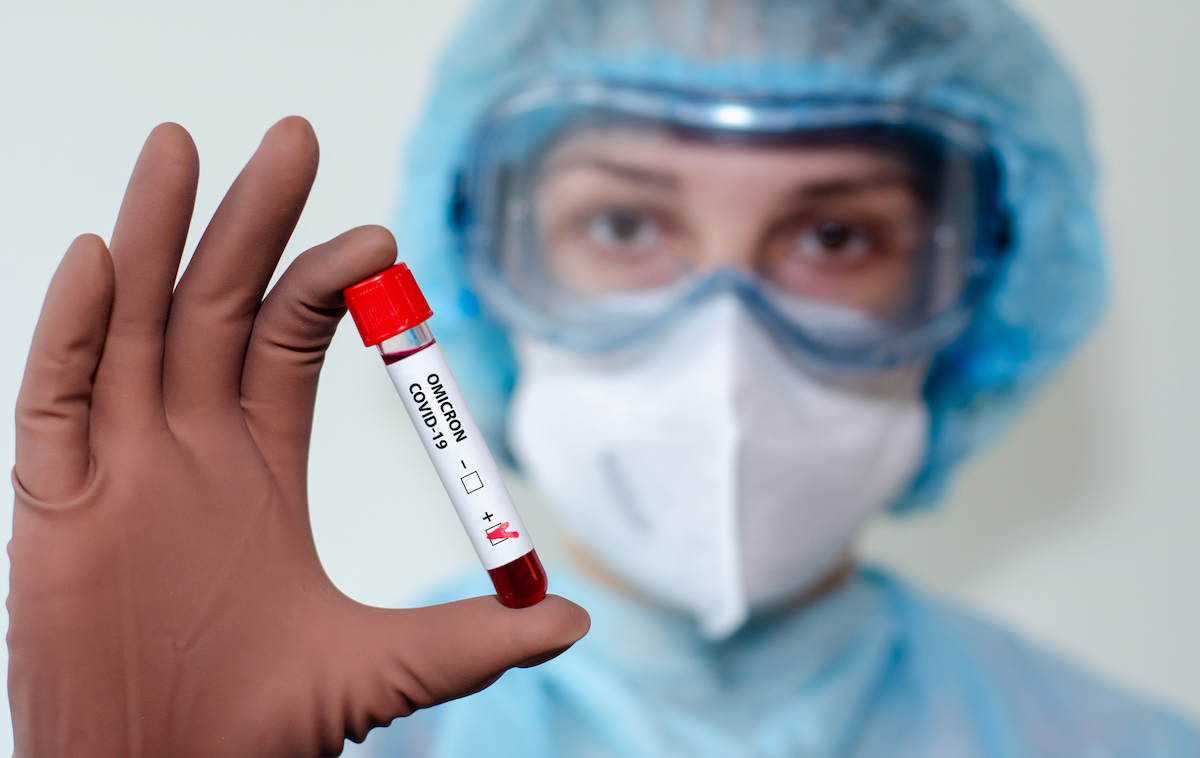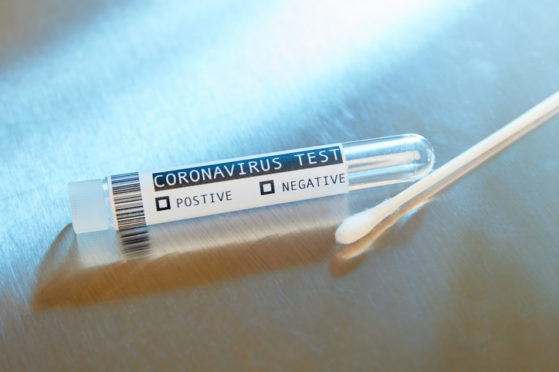Is Omicron our ticket out of the COVID-19 pandemic, so highly transmissible that even the substantial segment of the population still unvaccinated might gain immunity through infection?
The World Health Organization’s European office, in a recent statement, says Omicron indeed might prompt widespread immunity through a combination of infections and vaccinations. The medical community, however, is hardly unanimous in that assessment.
“Too many of my colleagues are trying to create too much happy talk, trying to make the case that Omicron is somehow an attenuated virus, which was never really true,” says Dr. Peter Hotez, a guest at a recent Hartford HealthCare media briefing who’s a prominent vaccine scientist, a West Hartford native and the co-director of the Texas Children’s Hospital Center for Vaccine Development in Waco, Texas “It’s still a serious pathogen. That somehow this is going to create herd immunity and that it will end our COVID pandemic, at least here in the United States — I’m of the opinion that that’s not what’s going to happen.”
A study at the University of California, San Francisco, published Jan. 26, also suggested an Omicron-fueled herd immunity is a long shot. An analysis of 125 fully vaccinated people after breakthrough infections of Omicron and Delta variants found the latter created stronger hybrid immunity — protection by a combination infection and vaccination. The researchers said severity of the cases was directly related to the levels of immunity. The Omicron cases produced lower immunity, even though the variant is more transmissible.
“I think Omicron is going to act more like an upper-respiratory coronavirus,” says Dr. Hotez, who served his internship at Hartford Hospital, “meaning it will not produce durable or long-lasting protection. As a consequence of that, the U.S. population once again will be vulnerable to the next wave.”
The vaccine remains the most reliable, and safest, source of immunity. A breakthrough infection can actually strengthen that immunity.
“If you get COVID and you get the vaccine, you may actually be super-protected,” says Dr. Ulysses Wu, Hartford HealthCare’s System Director of Infection Disease and Chief Epidemiologist. “So for those of you who may have gotten COVID, it’s still recommended that you get the booster.”
If there’s a COVID pause after Omicron leaves Connecticut, watch for the next cold and flu season in the fall.
“You might say, ‘Where is the next wave going to come from?'” says Dr. Hotez, who’s also dean at Baylor’s National School of Tropical Medicine. “‘What’s it going to look like?’ We can’t say at this point. But what we do know is this: That Delta rose out of an unvaccinated population in India at the beginning of 2021. And then Omicron rose out of an unvaccinated population in South Africa toward the end of last year.
“So Mother Nature is pretty much telling us what she has in store for us as long as we refuse to vaccinate the global South, meaning the world’s lower and middle-income countries in Africa, Asia and Latin America. She’s going to continue to hurl variants at us.”



